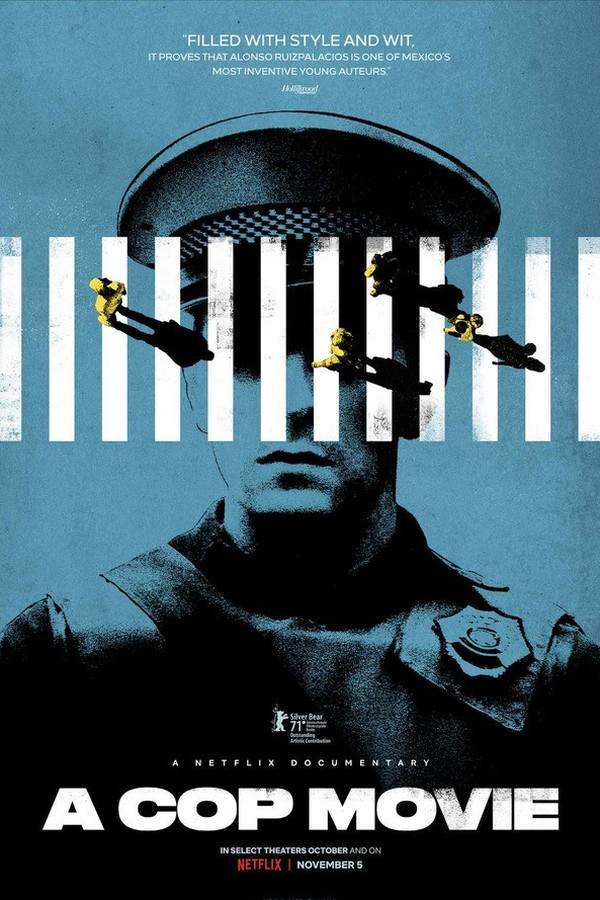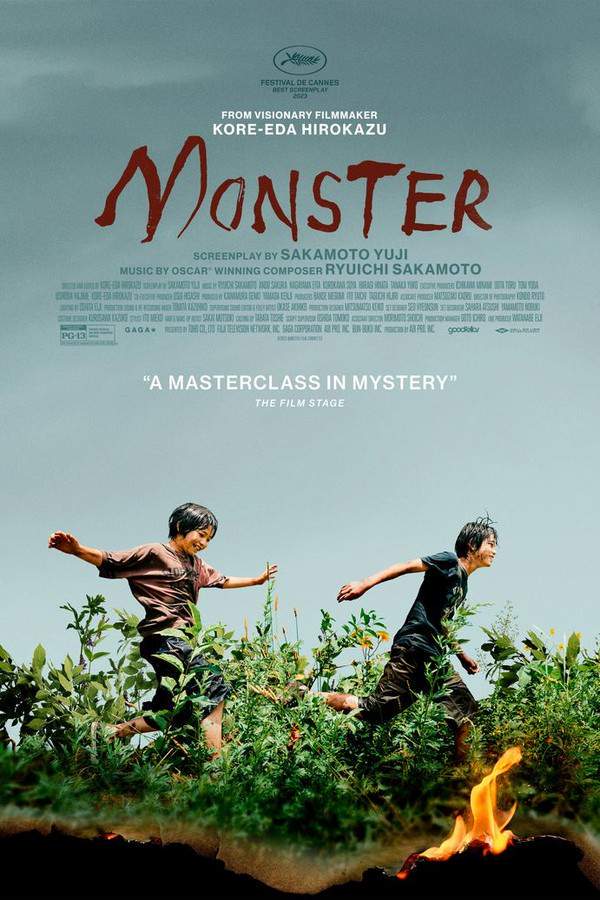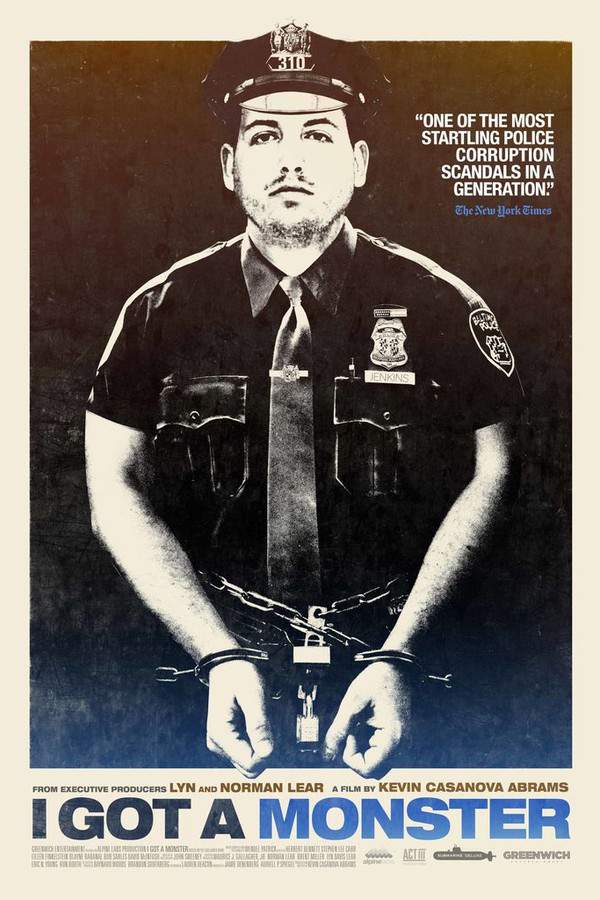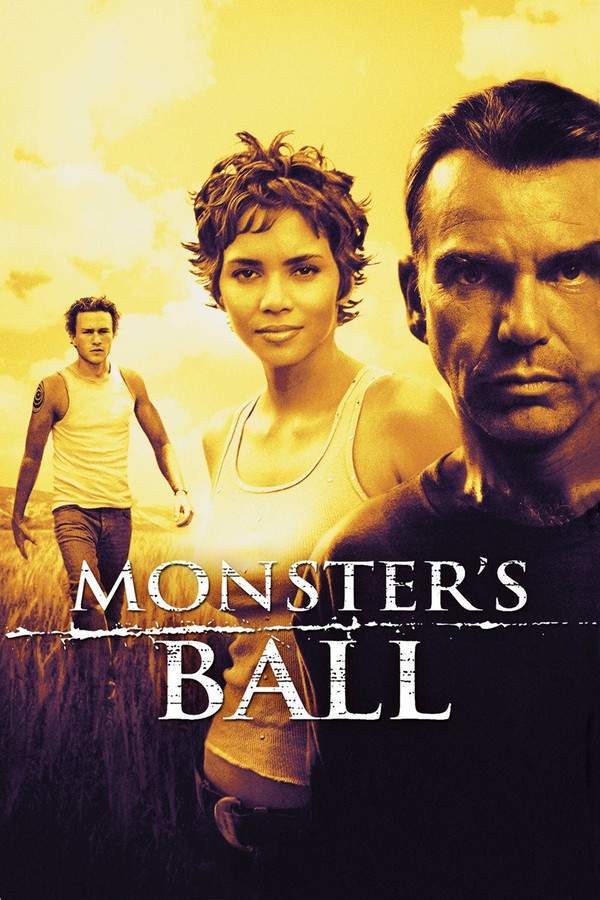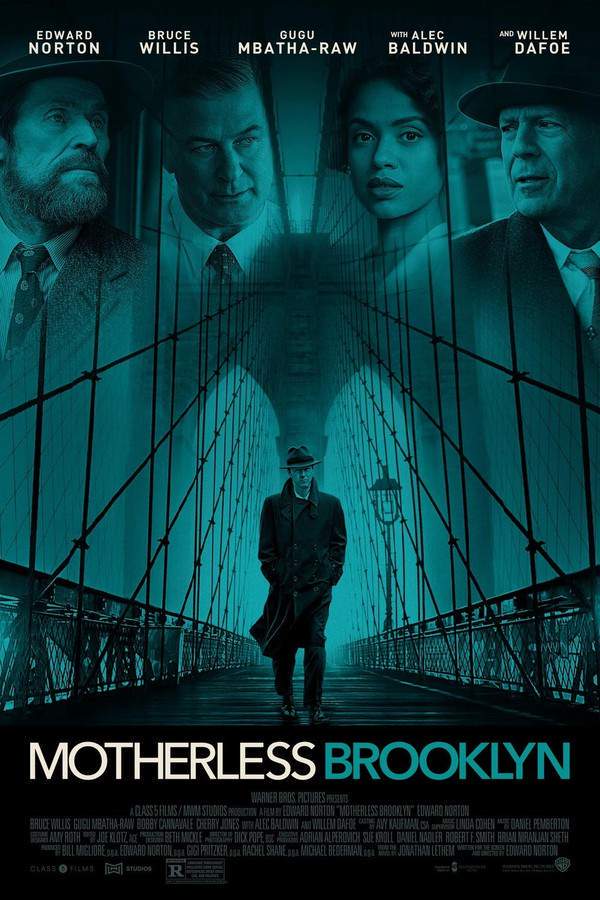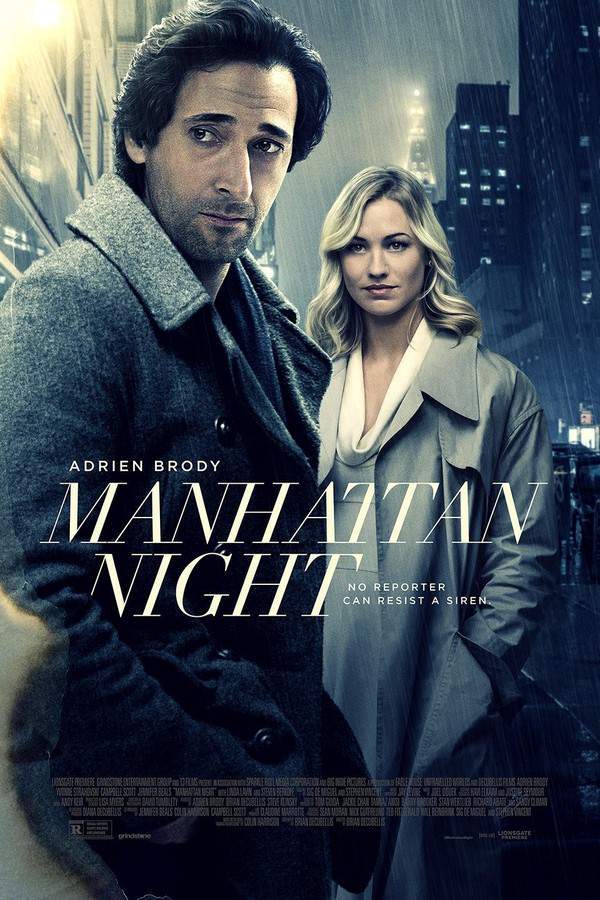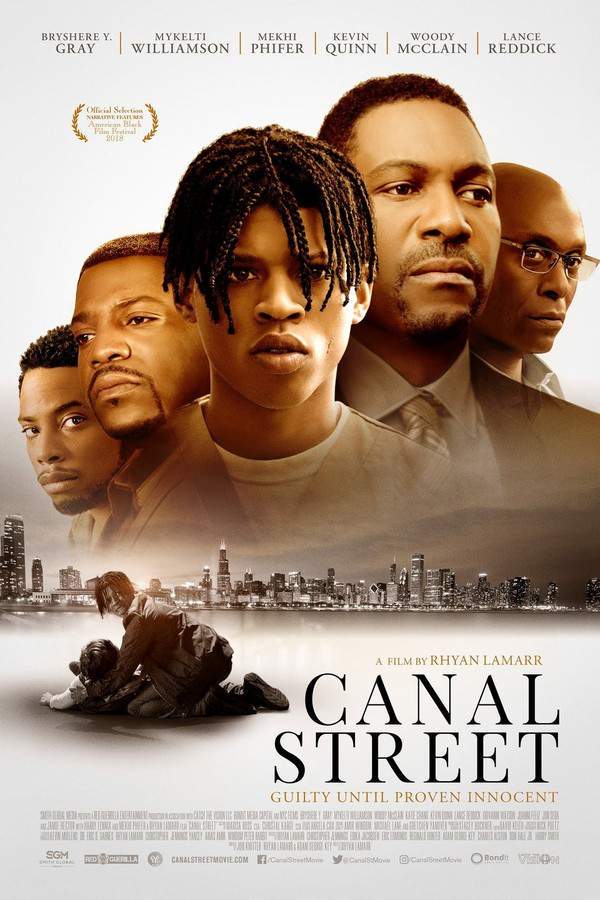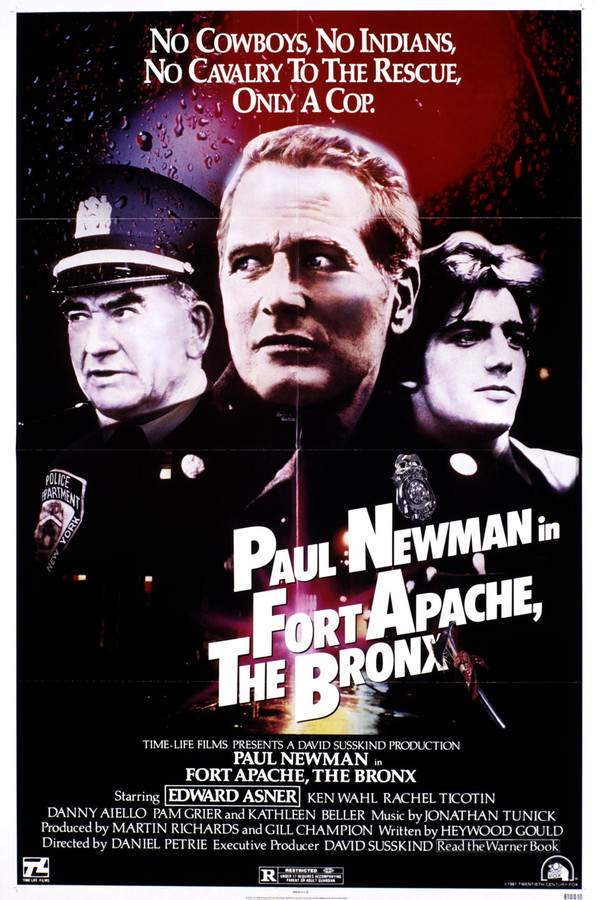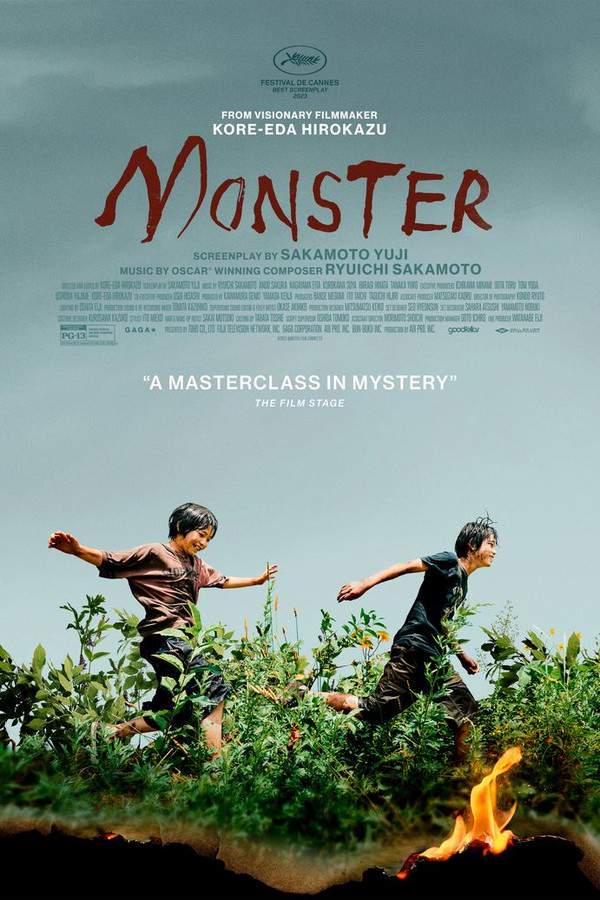Monsters and Men 2018
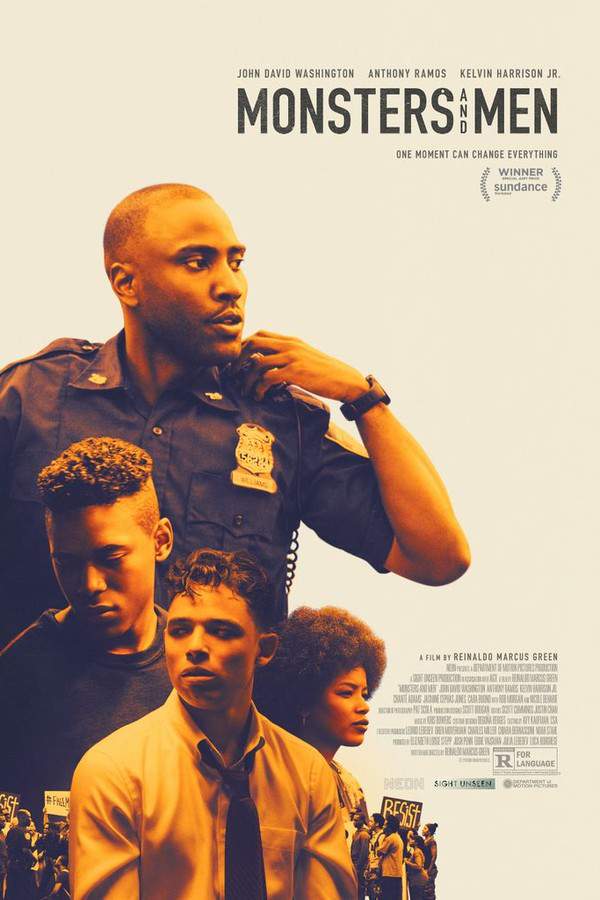
In Bed-Stuy, Brooklyn, a young man named Manny Ortega films a police officer fatally shooting an unarmed man. The shocking incident forces Manny to confront a difficult moral dilemma: should he share the video and expose the truth, potentially endangering himself and his family, or remain silent and allow injustice to prevail within his community? He must navigate the complexities of race, law enforcement, and the impact of his actions.
Does Monsters and Men have end credit scenes?
No!
Monsters and Men does not have end credit scenes. You can leave when the credits roll.
Meet the Full Cast and Actors of Monsters and Men
Explore the complete cast of Monsters and Men, including both lead and supporting actors. Learn who plays each character, discover their past roles and achievements, and find out what makes this ensemble cast stand out in the world of film and television.
External Links and Streaming Options
Discover where to watch Monsters and Men online, including streaming platforms, rental options, and official sources. Compare reviews, ratings, and in-depth movie information across sites like IMDb, TMDb, Wikipedia or Rotten Tomatoes.
Ratings and Reviews for Monsters and Men
See how Monsters and Men is rated across major platforms like IMDb, Metacritic, and TMDb. Compare audience scores and critic reviews to understand where Monsters and Men stands among top-rated movies in its genre.

The Movie Echo Score
Monsters and Men offers a thoughtful exploration of racial tensions and community response, anchored by strong thematic intent but occasionally hampered by uneven execution. Critics praised its human complexity and the vivid portrayal of authority conflicts, noting its intelligent climax and muscular dramatic power. However, some installments feel less developed and the film’s meditative style sometimes mutes narrative impact. Overall, the film delivers a resonant statement with engaging moments, even if its cohesion wavers at points.
The Movie Echo Score Breakdown for Monsters and Men

Art & Craft
In terms of art and craft, the film’s direction and visual construction stand out for their immersive clarity and measured pacing. Reviewers noted that Green’s graceful direction and keen attention to framing intensify the emotional resonance, while the editing sustains tension effectively. Despite some uneven chapter transitions, the cinematography and production design consistently reinforce the film’s immersive atmosphere.

Character & Emotion
When it comes to character and emotion, the film benefits from compelling lead performances that convey both anger and vulnerability. Critics highlighted three strong portrayals that articulate the complexities of racial tension, delivering nuanced emotional beats. While the ensemble occasionally lacks deeper development in supporting roles, the primary characters’ arcs foster genuine empathy and dramatic weight throughout the narrative.

Story & Flow
In terms of story and flow, the narrative presents an engaging examination of violence as catalyst rather than climax, punctuated by a smooth, levelheaded climax. Reviewers described the plot as riveting and complex in its political nuance, though some chapters were less coherent and the low-key style occasionally diminishes momentum. Overall, the story sustains interest despite uneven pacing.

Sensory Experience
Regarding the sensory experience, the film creates a tangible atmosphere through its restrained sound design and immersive visuals. Critics praised the visceral portrayal of fear, noting how audio-visual choices draw viewers into unfolding events. The subtle score and muted color palette complement the narrative’s measured tone, reinforcing the film’s atmospheric cohesion.

Rewatch Factor
In terms of rewatch factor, the film resonates through its timely thematic relevance and thoughtful character studies. While the meditative pace may limit light revisits, the narrative’s complex moral questions and strong performances encourage reflection on subsequent viewings. Ultimately, its lasting appeal lies in its capacity to provoke further discussion rather than casual rewatch enjoyment.

67
Metascore
5.9
User Score


84%
TOMATOMETER

69%
User Score

6.1 /10
IMDb Rating

59
%
User Score

3.3
From 1 fan rating

1.00/5
From 2 fan ratings
Take the Ultimate Monsters and Men Movie Quiz
Challenge your knowledge of Monsters and Men with this fun and interactive movie quiz. Test yourself on key plot points, iconic characters, hidden details, and memorable moments to see how well you really know the film.
Monsters and Men Quiz: Test your knowledge on the complex narrative and themes of 'Monsters and Men.'
Who is the central character that captures Darius Larson's shooting on video?
Manny Ortega
Dennis Williams
Zyrick
Officer Scala
Show hint
Awards & Nominations for Monsters and Men
Discover all the awards and nominations received by Monsters and Men, from Oscars to film festival honors. Learn how Monsters and Men and its cast and crew have been recognized by critics and the industry alike.
34th Artios Awards 2019
Low Budget – Comedy or Drama
34th Film Independent Spirit Awards 2019

Full Plot Summary and Ending Explained for Monsters and Men
Read the complete plot summary of Monsters and Men, including all major events, twists, and the full ending explained in detail. Explore key characters, themes, hidden meanings, and everything you need to understand the story from beginning to end.
The film weaves together three compelling stories centered around the lives of Manny, Dennis, and Zyrick. It kicks off with Dennis Williams (John David Washington) being pulled over by police, but he is let go when they realize he is an officer himself. The narrative then shifts to Manny Ortega (Anthony Ramos), who struggles with his past as he fills out a job application, particularly the section about prior convictions. Living with his family, including his wife Marisol (Jasmine Cephas Jones), mother, and daughter, Manny finds himself in a precarious situation one night. While spending time with friends near a dice game, an encounter with the police turns tragic when his friend Darius Larson is shot during an attempt to arrest him for selling loose cigarettes outside a bodega, echoing the horrific circumstances surrounding Eric Garner’s death. Manny records the unsettling event on his phone, witnessing firsthand the chaos that unfolds.
Haunted by the incident, Manny reviews the footage at home. The following day, news reports claim that Darius was reaching for a police weapon, a narrative that leads to further turmoil for Manny. When confronted by two officers in a park, they attempt to intimidate him into silence, but despite Marisol’s warnings about potential repercussions concerning his job, Manny bravely decides to share the video online, drawing public attention to police misconduct.
As the story unfolds, the perspective shifts to Dennis, who navigates the expectations of his profession while grappling with the fallout from Darius’ death. During a joint patrol with his partner Stacey (Cara Buono), they witness protests erupting outside the bodega where the shooting occurred. As tensions rise, internal affairs investigates the officers involved, particularly focusing on Officer Scala, whose actions are questioned but whose misdeeds Dennis struggles to condemn during interviews.
The film also delves into Zyrick’s (Kelvin Harrison Jr.) journey. After facing racial profiling himself, he becomes increasingly aware of the societal issues surrounding him. When he witnesses the chaos following Darius’ murder, he decides to take action by connecting with Zoe (Chanté Adams) and participating in a community protest. As Zyrick navigates his excitement over potential baseball recruitment, he finds himself torn between celebrating his achievements and confronting the harsh realities of racial injustice.
As a pivotal protest unfolds, Zyrick actively joins demonstrators chanting “I am… Darius Larson.” The police, responding aggressively, further escalate the tension, forcing Zyrick to flee. Eventually, during an important baseball game, he wears a shirt adorned with the phrase “I am Darius Larson,” representing solidarity with the victim and all those affected by similar tragedies. The culmination of these intertwined narratives serves as a poignant commentary on systemic issues within law enforcement and racial inequality, driving home the film’s powerful statement as Zyrick takes a knee on the field, allowing the resonating chant to echo in the background before the screen fades to black.
Uncover the Details: Timeline, Characters, Themes, and Beyond!

Coming soon on iOS and Android
The Plot Explained Mobile App
From blockbusters to hidden gems — dive into movie stories anytime, anywhere. Save your favorites, discover plots faster, and never miss a twist again.
Sign up to be the first to know when we launch. Your email stays private — always.
Watch Trailers, Clips & Behind-the-Scenes for Monsters and Men
Watch official trailers, exclusive clips, cast interviews, and behind-the-scenes footage from Monsters and Men. Dive deeper into the making of the film, its standout moments, and key production insights.
Monsters and Men Themes and Keywords
Discover the central themes, ideas, and keywords that define the movie’s story, tone, and message. Analyze the film’s deeper meanings, genre influences, and recurring concepts.
Monsters and Men Other Names and Titles
Explore the various alternative titles, translations, and other names used for Monsters and Men across different regions and languages. Understand how the film is marketed and recognized worldwide.
Articles, Reviews & Explainers About Monsters and Men
Stay updated on Monsters and Men with in-depth articles, critical reviews, and ending explainers. Explore hidden meanings, major themes, and expert insights into the film’s story and impact.
Similar Movies To Monsters and Men You Should Know About
Browse a curated list of movies similar in genre, tone, characters, or story structure. Discover new titles like the one you're watching, perfect for fans of related plots, vibes, or cinematic styles.
Quick Links: Summary, Cast, Ratings, More

What's After the Movie?
Not sure whether to stay after the credits? Find out!
Explore Our Movie Platform
New Movie Releases (2025)
Famous Movie Actors
Top Film Production Studios
Movie Plot Summaries & Endings
Major Movie Awards & Winners
Best Concert Films & Music Documentaries
Movie Collections and Curated Lists
© 2025 What's After the Movie. All rights reserved.




























